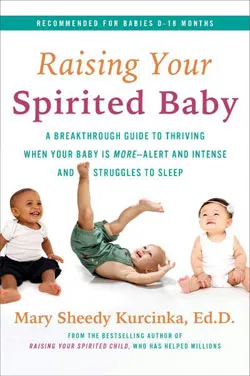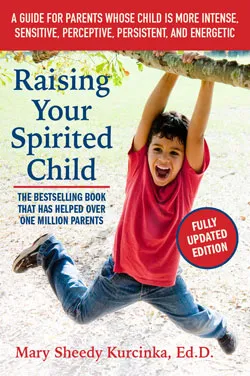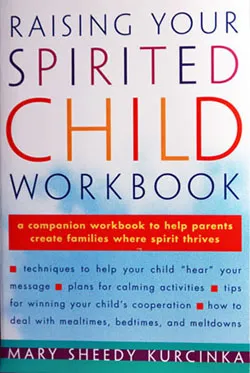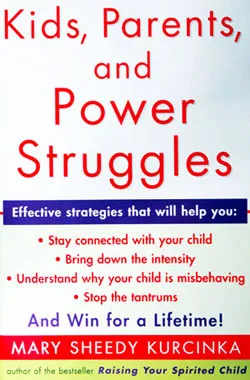Strengthen Self-Regulation Skills by Building Your Child’s Emotion Vocabulary

Developed by Mary Sheedy Kurcinka Ed.D. and Lynn Jessen M.A.
Research demonstrates that the ability to identify and label emotions is crucial to developing self-regulation skills. Of course, children quickly learn the basics such as sad, mad, or scared, but imagine if your child was able to tell you his little brother was annoying him long before his frustration had built to the point of shoving that annoying little brother. Or, that he was tired, before he crumpled in a complete meltdown. Big emotions often begin as “little” emotions. Frustration ignored can build to anger. Apprehension disregarded may morph into fear and refusal. By teaching your child to notice the slightest hint of dysregulation, and to name that first emotion you give your child the tools to calm easily and quickly.
- Build your own emotion vocabulary. Lynn and I have created a chart to get you started. Add to it and refine it as you note and name the most frequently experienced emotions in your family.
|
Basic Emotion Vocabulary |
Scared |
Sad |
Mad |
Happy |
|
More Complex Vocabulary |
Anxious Startled Worried Surprised Frightened Alarmed Troubled Upset Embarrassed Concerned Apprehensive Uneasy Overwhelmed Overstimulated
|
Discouraged Distressed Hurt Lonely Disappointed Failure Left out Unlucky Guilty
|
Annoyed Frustrated Irritated Jealous Flustered Cross Grumpy Disrespected Insulted Slighted Unfair Disgusted Shamed Angry Exhausted Hungry
|
Excited Delighted Thrilled Proud Interested Curious Enthusiastic Elated Pleased Lucky Grateful Satisfied Relieved Joyful Eager Rewarded |
- Describe what you are experiencing and label the emotion. When you walk into a crowd, point out to your child the loud noises, bright lights, smells, or emotions around you that make you feel OVERWHELMED or OVERSTIMULATED. Your child’s language development is like an iceberg 2/3 of it is below the surface where she listens and stores the information you provide.
- Notice what is happening to others and name the emotion. When reading a book, watching a video, or simply observing others at the park point out to the child what you see, hear, or feel. “That’s child sounds distressed.” Or “That man has sad eyes.” As your child’s emotion vocabulary grows you may also ask, “What do you think that character is feeling?”
- Observe and name your child’s emotions. It is often easier to begin with positive emotions. “Your eyes are bright and shiny. It makes me think you are happy.” The words, “It makes me think” or “it makes me wonder”, rather than you ARE sad, or ARE happy leave room for your child to reflect on her own emotions.
- Pay attention to your “gut.” The first time you sense your child is starting to become dysregulated stop, describe what’s happening and name the emotion. “I hear your voice getting louder, is something irritating you?”
- Teach empathy. When an incident occurs, you may say to your child, “I saw you step on his foot. Look, there are tears coming down his cheeks. He looks sad and hurt. What shall we do to make it better?”
Words strengthen your child’s ability to self-regulate. The payoff is huge. The frequency of fights, meltdowns and power struggles drops drastically when a child can articulate what he is feeling and needing. And children with strong self-regulation skills experience higher academic achievement, stronger social relationships, and more flexible thinking. Yes, it’s exhausting, but rewarding, sometimes disconcerting, but thrilling, and occasionally a bit annoying, but oh so satisfying and gratifying!
Wishing Your Family Peace!
Display All Posts
Search by Topic:
Popular Posts:
- When your child yells at you: Expecting and Coaching respectful behavior
- 5 Tips to Stop the 'Strike out Tantrums:' Hitting, Biting, Kicking and Name-calling
- Why is my child suddenly clingy?
- Ten Steps to a Peaceful Bedtime for Your Spirited Child
- When Your Child’s Meltdowns are Ruining Vacation






